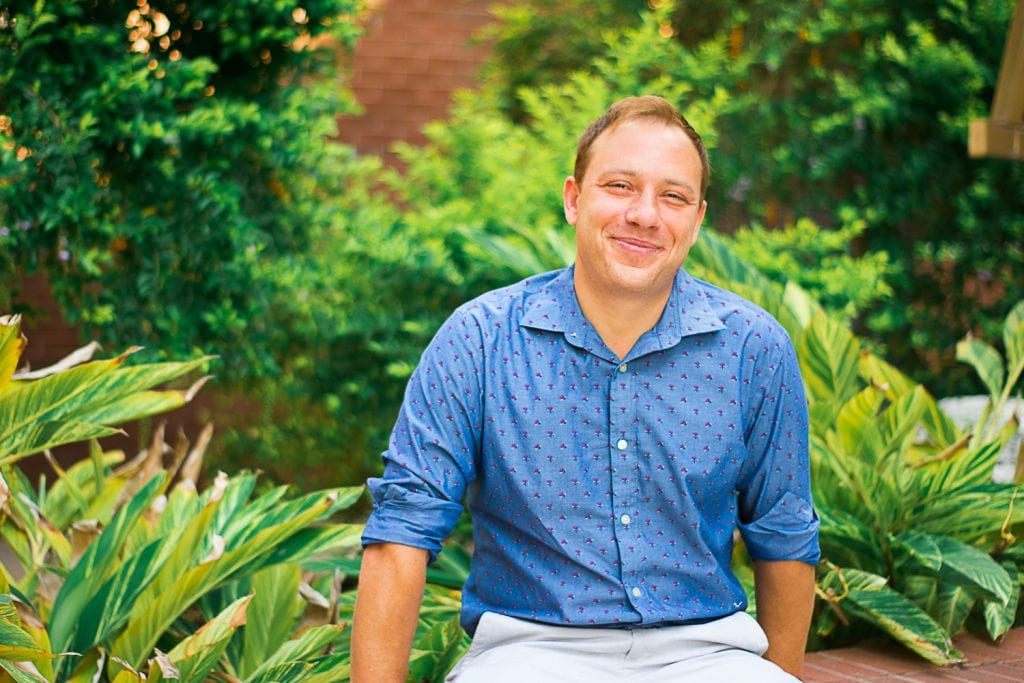Conference Promotes Cross-Discipline Approach To Research

Big problems require big answers.
But often scientists are narrowly focusing on their own fields of research, or, as Jacopo Baggio, Ph.D., puts it, “Hunting for vertical solutions to horizontal problems.”
Baggio, an assistant professor in the School of Politics, Security, and International Affairs, recently collaborated with another researcher in Sweden, Örjan Bodin, to host an international workshop on how to assess social-ecological systems from a structural perspective. The workshop drew scientists across multiple disciplines and around the world to develop a framework for creating practical responses to global problems, and led to two high-profile papers published in Nature Sustainability and Environmental Research Letters.
“Blending together all these disciplines transcends individual talents and synthesizes knowledge in novel ways,” Baggio explained.
Baggio points to the Indian River Lagoon east of Orlando as an example. The interconnectedness of Florida’s waterways and aquifer means changes in Orlando or other areas connected ecologically to the Indian River Lagoon can impact the economic and environmental future of Brevard County miles away. It takes biologists, chemists, ecologists, social scientists, economists and psychologists working together with political and social scientists to find solutions to this problem, Baggio said.
Scientists are also dependent on a “boots on the ground” perspective. A commercial fisher, for example, might not use classic research methods like mechanistic models to measure their daily catch. But their anecdotal evidence is still a valuable tool for gaining scientific understanding.
“This type of knowledge is a crucial piece of a bigger web,” Baggio said.
The biggest obstacles researchers face in an undertaking this big are scale and funding. Grants rarely exceed four years and this can create issues when assessing if policy changes impacted an ecosystem. To add to this, working on a global and regional level requires transcending cultural differences, language barriers and distance. Still, Baggio is encouraged. He’s seen the eagerness of researchers ready to contribute what time and resources they have.
Baggio ascribes to the philosophies of Karl Popper, a 20th century scientist who analyzed and categorized the differences between scientific theories and metaphysical and mythological claims.
Baggio’s takeaway from Popper: “More people are realizing we are not students of single disciplines. Problems transcend issues.”
